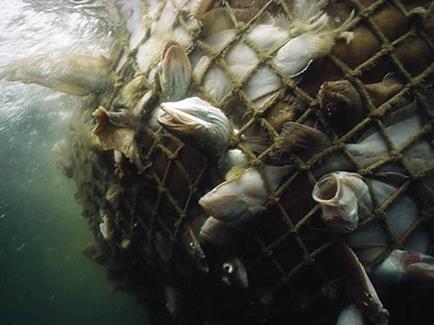ANON: “Is co-habitation and occupation of land an equal sin to that of murdering another human?”
Taking and losing life and taking and losing “land” are all done by, and done to, individual people. You can’t quantify or equate “sin” without counting individual doers and individual done-to’s, individual victims and individual perpetrators, on “both” sides.
Taking “land” includes taking everything else that individual lives are lived for (including family and freedom).
Perhaps the most telling detail of this tragedy — which has individual victims on “both” sides – is that there aren’t just two sides:
The individual victim-counts and the individual perpetrator-counts, for both “land”-taking/losing and life-taking/losing, start long before 1949 and beyond “Palestine” (which I take to be a geographical region, not a further metaphysical or moral entity).
The “takings” are not just local, in either place or time, although individuals remain individuals and local (when it comes to counting victims and perpetrators).
All of this could have been said of the taking of both life and “land” throughout the entire history of humanity (and inhumanity), planet-wide. It even has a biological basis (and it goes beyond the boundaries of species):
Life necessarily entails conflicts of interest – vital (i.e., life-or-death) interest. And “land” covers a multitude of vital interest, not just real-estate or geometry: it covers just about everything that life is worth living (or dying or killing) for.
So, no, if there were a measure of degree of “sinfulness”, it could not be expressed as life vs. land.
There is, of course, more to say; much more. But it’s best to expose simplistic metrics before starting the counting.



